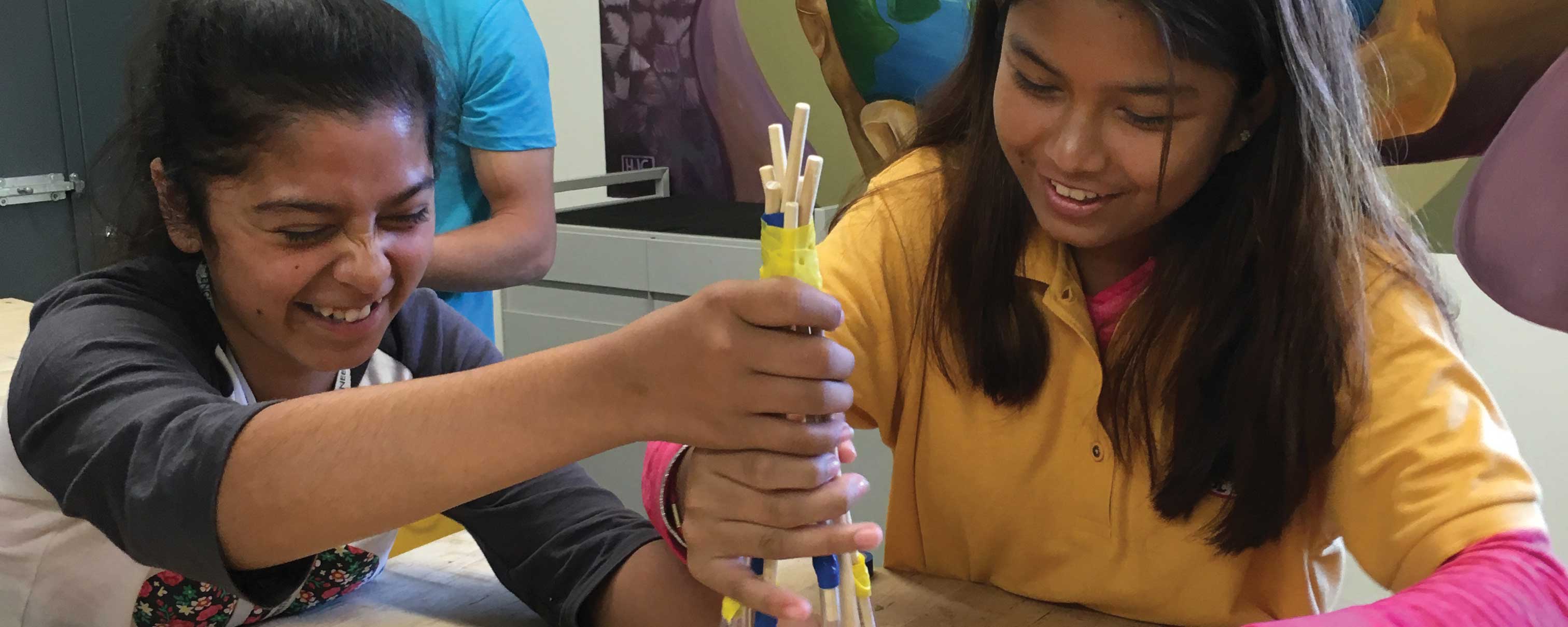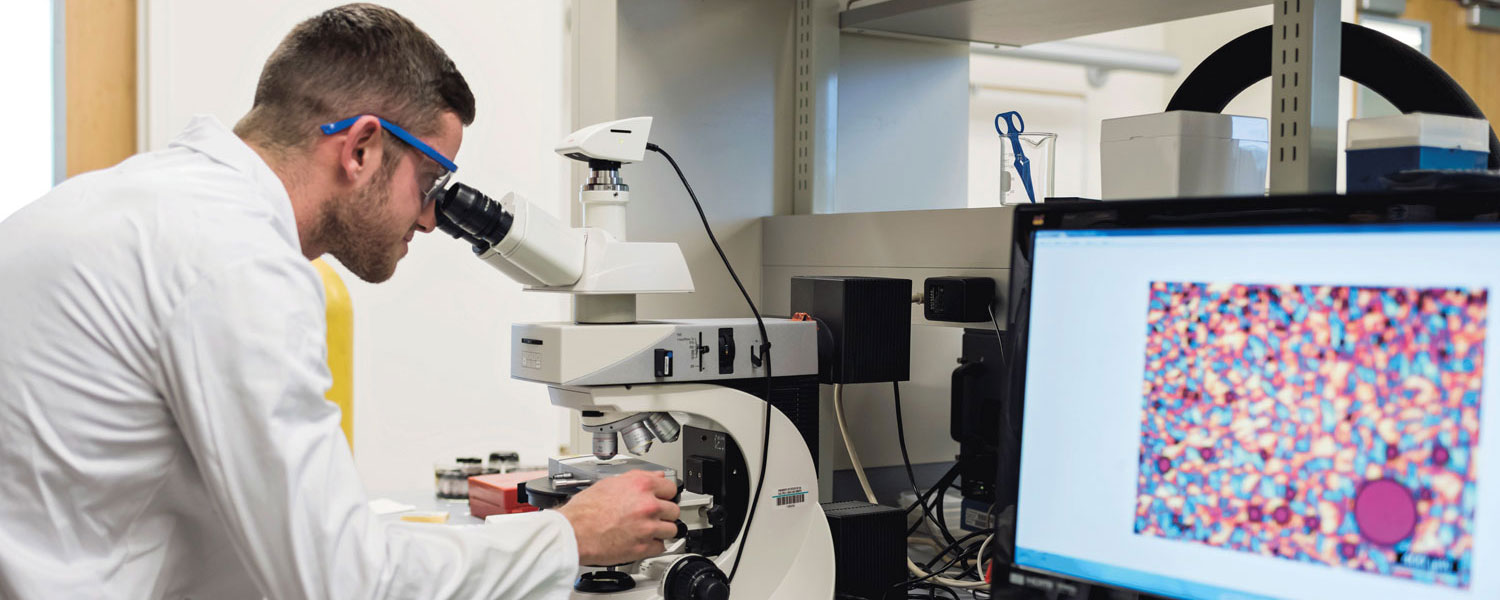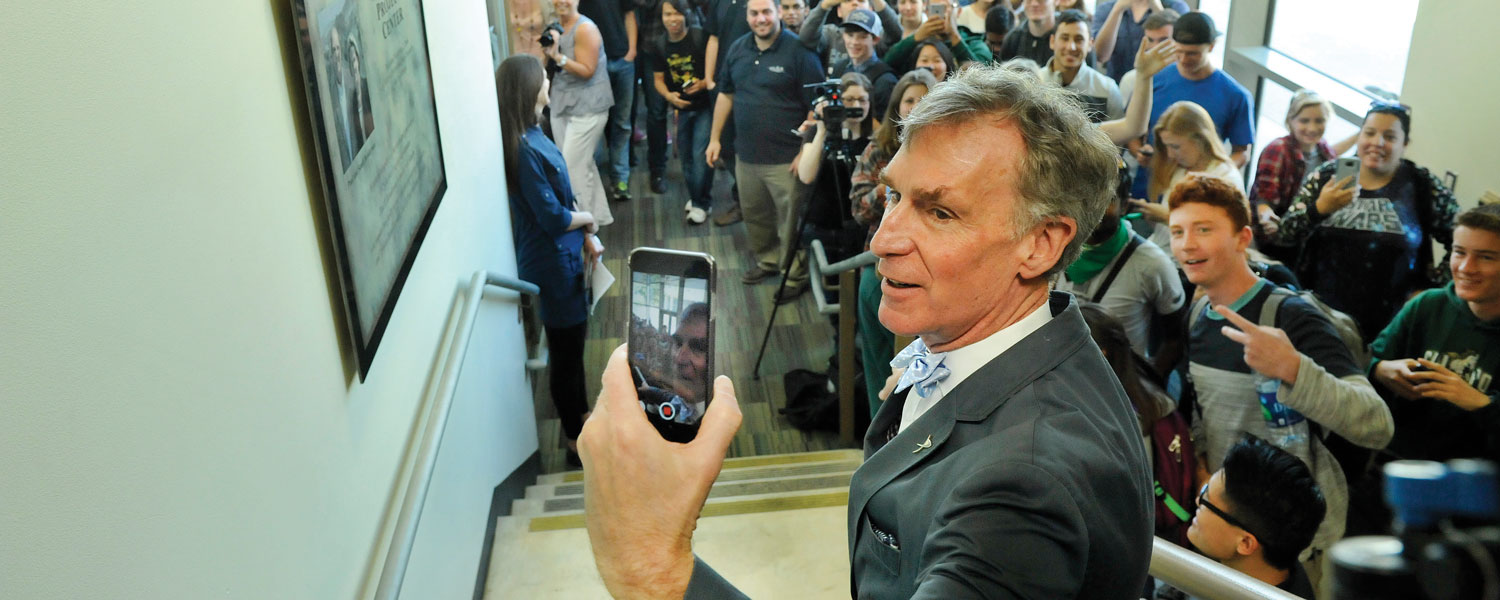cal poly news
EPIC Expands Possibilities for Migrant Students
By Galen Ricard

In one of Cal Poly’s materials engineering labs, eighth grade students are taking a decidedly hands-on approach to biomimicry — the science of using designs in nature to solve human problems — by making a claw-like mechanism inspired by the sloth to augment the human hand.
This was just one of many dozens of lab offerings at the EPIC (Engineering Possibilities in College) summer camp held July 10-29 on the Cal Poly campus. In its 10th year, the program took seventh through 12th graders on a journey through the world of engineering, introducing them to a wide range of Learn by Doing labs and experiments in a variety of disciplines.
This year, for the first time, the event collaborated with three regional offices of the state- and federally funded Migrant Education Program to expand access to EPIC for 79 students who are the sons or daughters of migrant workers in California’s agricultural, dairy, lumber and fishing industries.
They were among nearly 500 campers who explored what it would be like to be an engineer for a week. The labs offered campers an array of hands-on opportunities to “think like an engineer” and to experience the fun and challenge of working in teams to solve problems and generate new ideas. The program’s 28 labs spanned aerospace, architectural, biomedical, civil, computer, electrical, environmental, industrial, manufacturing, materials, mechanical and software engineering.
The camp, which launched a full-fledged residential program this year, was divided into three one-week sessions for grades seven through nine, 10 through 11 and 12, respectively.
“The Cal Poly campus is an integral part of the students’ one-week immersion, giving them a taste of campus living and dorm life,” said Maria Manzano, director of EPIC. “It’s a practical option for students who don’t live locally and, for all students, it enhances their experience of university life and interactions with each other.”
The campus setting, combined with projects in the College of Engineering’s labs and classrooms, exposes students not only to the possibilities of engineering, but also to the possibility of college.
“By design, 30 percent or more of our campers are from low-income and underrepresented communities where a college education is often thought to be beyond reach,” said Manzano. “Part of the EPIC experience is getting the students excited about all the interesting things they can do with math and science, to imagine themselves in careers like engineering and then showing them the steps to get there — starting with how to get into college.”
Largely as a result of the partnership with the Migrant Education Program, 46 percent of this year’s campers represented underserved minorities, up from 31 percent last year.





